|
Families of all faiths have long had good reason to think twice about sending their sons and daughters to colleges and universities with a history of discrimination against religious organizations and their student leaders.
Ongoing reports reveal a nationwide trend of higher-ed administrations curbing student religious organizations’ free speech and free association on campus. Consider the case of InterVarsity Graduate Christian Fellowship, an organization with a 25-year history at the University of Iowa. In 2018, the university deregistered the group – along with others including the Sikh Awareness Club, the Chinese Student Christian Fellowship, the Imam Mahdi Organization, Geneva Campus Ministry, and the Latter-day Saints Student Association – for asking that their group leaders share their faith and beliefs. At the same time, the Hawkeyes turned a blind eye to dozens of other student groups that screen their leaders for shared beliefs on issues like gender, race, and sexual orientation. InterVarsity sued, claiming the administration had no right to bar student religious groups from choosing leaders who represent their faith teachings. The suit further alleged the university only punished disfavored religious groups for screening their leaders for mission alignment. The Becket law firm represented InterVarsity (its second such case against the university and third overall) and took the Hawkeye administration to task for its double vision. “No organization can live out its mission if its leaders don’t share its beliefs. Allowing all groups except religious groups to ensure that leaders are mission aligned is blatant religious discrimination,” said Daniel Blomberg, Becket’s senior counsel. “Schools are supposed to be a place of free inquiry and open thought, but the officials here punished opinions they didn’t like and promoted ones they did—all while using taxpayer dollars to do it.” The U.S. Court of Appeals for the Eighth Circuit agreed and ruled against the University. The federal court told university officials it was “hard-pressed to find a clearer example of viewpoint discrimination” than their discrimination against religious student groups. Protect The 1st salutes Becket for this victory and for its ongoing work to protect student clubs from unjust discrimination by university officials. All student groups deserve such lasting protection. Rest assured, the state of Maine holds that it is perfectly okay for you to be a Catholic, provided you don’t teach children to believe in Catholic doctrine. Same with being a Protestant, a Jew, or a Muslim.
A strange split exists in the law concerning the difference between having the status or label of being an adherent to a religion and being so bold as to teach the tenets of that religion. A pair of Catholic and Protestant parents in Maine, David and Amy Carson and Troy and Angela Nelson, are petitioning the Supreme Court to resolve a split in the law and the philosophical mess that is Maine’s treatment of religious schools. In 2020, it seemed as if recurring state discrimination against religious schools was finally going to be recognized as the constitutional violation it is. In Espinoza v. Montana Department of Revenue, the Supreme Court held that a state may not exclude families and schools from participating in a student-aid program because of a school’s religious status. Maine, in administering its tuition assistance program, agreed that it could not deny tuition benefits to students on the basis of their school’s status, but they could – and did – deny these benefits from schools that provide religious instruction. Got that? Maine does not discriminate on the basis of religious labels but does discriminate on the basis of what those labels mean in practice. The First Circuit Court of Appeals upheld the Maine law, agreeing that it is permissible to withhold tuition assistance from a school that, “in addition to teaching academic subjects, promotes the faith or belief system with which it is associated …” Christian schools could, presumably, qualify for the tuition assistance program provided they jettison any mention of Christ, the Bible, and any moment of the day dedicated to prayer. It is easy to see why the Supreme Court has granted the petition and will hear this case. The Sixth and Tenth Circuits have held such exclusions to be unconstitutional, while the Vermont Supreme Court has upheld them. This split, which preceded Espinoza, survives it since Espinoza revolved around religious “status.” “Only the Supreme Court can resolve this split, whether there is a constitutionally significant difference between discrimination based on ‘religious status’ and discrimination based on ‘religious use,’” said Gene Schaerr, general counsel of Protect The 1st. “The attempt to distinguish between religious status and religious practice is absurd and betrays official contempt toward faith. For the Supreme Court, the conclusion here should be, in baseball terms, a slow ball down the middle of the plate.” Protect The 1st, launched in January, is off to a fast start.
From the beginning, one of our primary goals has been to encourage the judiciary to adopt robust interpretations of the constitutional freedoms of speech, religion, press, and assembly. One way we have done this is by filing briefs with the Supreme Court in cases that sharply define the enduring vitality of the First Amendment in the 21st century. Now that the Supreme Court has finished its 2020 term, we want to update you on the results of our continued efforts. PT1st filed many amicus curiae – "friend of the court” – briefs in this term of the Supreme Court. One of our first briefs was filed in support of the petitioners in Americans for Prosperity Foundation v. Bonta. That case ended with a spectacular 6-3 decision protecting the freedom of association. The court considered the proper level of scrutiny when evaluating the constitutionality of a California scheme requiring charities to disclose the names of their donors to the state attorney general. Our brief demonstrated that disclosing donors to the government comes at a cost. Some donors, faced with the prospect of having their personal information disclosed, will choose to not donate at all – especially in this era of doxing, or using social media to target people for harassment and even physical attacks. We also demonstrated that government officials, historically, have used such information to abuse political opponents. And even when they don’t, there is a constant danger that if the information of all donors is centrally compiled, a savvy hacker or hostile leaker could find that information and release it publicly, or an inadvertent mistake could expose it. (This has happened before with disastrous consequences in California.) The Supreme Court agreed with PT1st and recognized this “chilling” effect. The Court concluded that the risk of harm and the lack of a narrowly tailored means of addressing the state’s claimed need for the information made the California disclosure requirement facially unconstitutional. PT1st also has urged the Court to consider First Amendment and privacy issues in other cases seeking Supreme Court review. In Thompson v. Marietta Education Association, PT1st joined a coalition of public policy organizations to urge the Court to hold that it is a violation of the First Amendment to require public-sector employees to accept a single union representative to speak on their behalf, even if those employees object to that representative’s advocacy. Unfortunately, the Court declined to hear that case, but the issue is a recurring one and eventually the Court will be ready to address the question. PT1st also will be ready to file a brief on the merits when that time comes. Three other cases where PT1st filed a brief urging the Court to take a case are still pending. First, we filed a brief in Boardman v. Inslee, asking whether the government can constitutionally give information about quasi-public employees to one union alone and not its potential rivals. We argued that the proper resolution of that question could affect the rights of hundreds of thousands of decentralized, quasi-public employees nationwide. This scheme, which insulates incumbent unions from meaningful challenge, undermines the very purpose of unionization—consent to collective action. Second, we filed a brief in Project Veritas v. Rollins. We argued that a Massachusetts law that forbids public recording poses serious First Amendment problems and should be invalidated. Our brief summarized a list of issues that would be misunderstood—or never disclosed—without the work of undercover journalists. We also explained that because many of us take videos in public with smartphones, the Massachusetts law runs a real risk of making almost every teenager and adult in that state a felon. Third, just last week, we filed a brief in Crowe v. Oregon State Bar. That case asks whether the government can require attorneys—whose membership in, and payment of dues to, state bar associations are mandatory—to subsidize the political speech of those bar associations, even if they disagree with that speech. We argued that the First Amendment forbids such mandatory association and compelled support for speech. We presented the Court with a list of examples of briefs filed by mandatory bar associations that push one side or another on contested public issues. We’ll continue to monitor these cases and hope that the Court agrees with the petitioners. In the meantime, we are grateful to have had the chance to further our mission in these cases by helping the Court see the importance of protecting the First Amendment. In this and in so many other related efforts, we are grateful for your continuing support. Erik Jaffe, policy director of Protect The 1st, examines the many complexities in the “fractured” opinions in the recent 6-3 decision by the U.S. Supreme Court in Americans for Prosperity v. Bonta.
In a presentation and question-and-answer podcast with the Federalist Society, Jaffe discusses the Supreme Court’s ruling that a California policy mandating disclosure of the identities of anonymous donors to the state government is facially invalid because it burdens donors’ First Amendment rights; and, because it is not narrowly tailored to an important government interest.
“California has a long history of harassing, disclosing and failing to enforce the law regarding donor information,” Jaffe says. On Tuesday, the Supreme Court asked the Massachusetts Attorney General to respond to the petition in Project Veritas Action Fund v. Rollins, a case challenging a Massachusetts law that forbids public recording. This is a hopeful sign that at least one Justice is interested in hearing how that law – recently upheld by the First Circuit Court of Appeals – can be squared with the First Amendment.
Protect the 1st (PT1) filed an amicus brief in this case last month. In our brief, PT1 addressed a string of examples of undercover journalism that would have been lost if laws like Massachusetts’s were widespread. Such journalism has long helped to reform laws and expose wrongdoers. This call for a response is a good sign. Not only does the case live another day, but it also allows the case to be fully briefed by the parties before the Justices decide whether to hear it. We’ll continue to monitor this case as new developments arise. Does the Constitution allow Americans to be forced to subsidize ideological or political speech they disagree with? In a brief filed in the Supreme Court Friday in a case called Crowe v. Oregon State Bar, Protect The 1st argued that it does not.
The facts of the case involved attorneys forced by their mandatory bar association to fund the propagation of a variety of politically charged ideas that several Oregon attorneys did not want to push. These attorneys are not alone. Currently, attorneys in 31 states and the District of Columbia are compelled to finance mandatory bar organizations and, in the process, their speech. In its brief, Protect The First wrote: “This puts attorneys in these states in an impossible dilemma; they must decide between ‘betraying their own convictions’ and earning a living by practicing law … Such a choice is no choice at all.” It would be a mistake, however, to consider this a case solely about the rights of attorneys. As often happens, Crowe asks the Court to articulate the proper First Amendment standard for compelled speech. And it isn’t difficult to identify other areas where that standard, properly articulated, could have real-world implications for groups much more sympathetic than attorneys. Public universities, for example, often charge students mandatory activity fees, which then fund a variety of campus clubs furthering a variety of different goals. Any standard articulated in Crowe could have implications for them, too. “This case is just one illustration of the broader problem of governments giving seemingly private members organizations, like labor unions, the power to force members to support political speech with which some members disagree,” said Gene Schaerr, general counsel of Protect The 1st. “The Court should recognize that mandatory political speech violates the First Amendment unless it can satisfy some heightened form of First Amendment scrutiny. We hope the Court will take the case.” The Wall Street Journal offers a comprehensive and incisive editorial of last week’s 6-3 Supreme Court victory for donor privacy. In Americans for Prosperity Foundation v. Bonta, non-profits prevailed against California’s effort to force them to disclose their donors’ identities to the state. It is well worth reading.
One point from this piece leaps out at us. In its failed bid to track donors to non-profits, California has pledged to keep their identities private, despite disastrous lapses in digital security that in the past has exposed donors to bomb threats, protests, stalking, and physical violence. The Journal then makes a logical connection to a recent event that belies California’s promise that this time will be different. The Journal writes: No one should be put at ease by California’s insistence that it will be more careful. The website ProPublica is running a series of tendentious articles based on IRS tax records from thousands of wealthy Americans. The files came from a leaker or a hacker whose identity ProPublica professes not to know. Nonprofit donor databases would be a juicy target for the next round of illegal disclosures. Protect The 1st believes that even if California could be trusted to safely hold donor identities, state officials would still have access to a database that could inspire politically motivated or personal retaliation. Just the fear of that would chill civic involvement and speech. The U.S. Supreme Court in a 6-3 decision this morning ruled that the California Department of Justice’s policy of demanding blanket disclosure of donors to 501(c)(3) charities burdened the First Amendment rights of those charities and their donors, and was not narrowly tailored to serve any important government interest.
“This is a major victory for the First Amendment rights of donors,” said Erik Jaffe, Protect The 1st director of policy. “We’ve seen social media being used to ‘dox’ donors on both the right and the left. We’ve seen people lose their reputations, their jobs and be physically threatened. The Supreme Court today took a major step toward reenforcing the protection of donors and members of associations in place since the Court protected the membership list of the NAACP from the State of Alabama in 1958.” The Court reversed the Ninth Circuit in Americans for Prosperity Foundation v. Bonta (previously Becerra) and the companion case of Thomas More Law Center v. Bonta. “This result is not only a big win for the First Amendment,” Jaffe said. “But in accepting the facial challenge to the disclosure requirement as a whole it is more protective of First Amendment rights than many observers expected from the Court. Protect The 1st congratulates the petitioners in this case and is pleased and proud to have, along with our friends at Pacific Research Institute, supported them with an amicus brief to the Supreme Court. PT1 is also pleased to have had so many other organizations from all across the ideological spectrum likewise support the petitioners and the First Amendment rights of all organizations and their donors.” Chief Justice John Robert’s majority opinion was joined in most parts by Justices Thomas, Alito, Gorsuch, Kavanaugh, and Barrett. The dissent by Justice Sotomayor was joined by Justices Breyer and Kagan. Various Justices in the majority filed separate opinions disagreeing with some parts of the opinion but agreeing with the result. In the majority opinion, the Chief Justice noted early on “that ‘[i]t is hardly a novel perception that compelled disclosure of affiliation with groups engaged in advocacy may constitute as effective a restraint on freedom of association as [other] forms of governmental action,’” citing NAACP v. Alabama ex rel. Patterson, 357 U. S. 449, 462 (1958). Chief Justice Roberts then proceeded to apply a standard known as “exacting scrutiny” to require a “‘substantial relation between the disclosure requirement and a sufficiently important governmental interest.’” In a portion of the opinion not joined by a majority of the Court, the Chief Justice rejected the use of the more protective “strict scrutiny” standard and declined to make a distinction between election-related cases and other cases that were argued to warrant greater scrutiny. The failure of that portion of the opinion to garner a majority, however, did not alter the result, as the policy being challenged failed even under the weaker “exacting scrutiny” standard. The other major take-aways from the decision are:
While the various opinions went into far more detail on important subsidiary questions, Protect The 1st will address those in later posts analyzing the case in greater detail. For now, the Court reached a proper and protective result and rejected frivolous claims by the California Department of Justice that boiled down, at best, to the desire for administrative convenience at the expense of First Amendment rights. As for the concurring opinions, Justice Thomas would have gone further than the Chief Justice’s opinion and applied “strict scrutiny” rather then the more limited “exacting scrutiny” used by the Chief Justice. He also would have placed greater emphasis on the protection for anonymous speech and association, an interest not much discussed in the primary opinion. In the other direction, Justice Thomas expressed skepticism with the Court’s so-called “overbreadth doctrine,” thus seemingly rejecting the Court’s holding that the law is facially unconstitutional and cannot be enforced at all, rather than merely unconstitutional as applied to the specific parties who sued. But as he was the only member of the majority to take that narrower view, there are still five votes rejecting California’s policy on its face. Justice Alito, joined by Justice Gorsuch, also suggested that “strict scrutiny” would have been the proper standard and would not join the Court’s rejection of that standard in favor of “exacting scrutiny.” But because “the choice between exacting and strict scrutiny has no effect on the decision in these cases, I see no need to decide which standard should be applied,” he wrote. Finally, Justice Sotomayor, joined by Justices Breyer and Kagan, dissented and would have required case-specific evidence of privacy or chilling concerns. She gave little weight to the evidence in the court below on those concerns in this case, much less in general. She also gave little weight to the concerns about retaliation from the government of California itself, not just from public disclosure. In the end, she would have rejected both the facial and as-applied challenges by applying a variable and weaker means-ends tailoring requirement diluted by the perceived absence of a substantial burden on the charities involved. “Like the majority, the dissent had further and interesting discussion about subsidiary First Amendment issues that are important to those who follow and litigate such matters,” Jaffe said. “But the overall approach suggested by the dissent would have done much to weaken First Amendment protections for the freedom of association, would have empowered hostile governments to harass and retaliate against their political enemies – whatever side of the political aisle they may be. PT1 is thankful such a First Amendment-destructive approach did not garner a majority.” 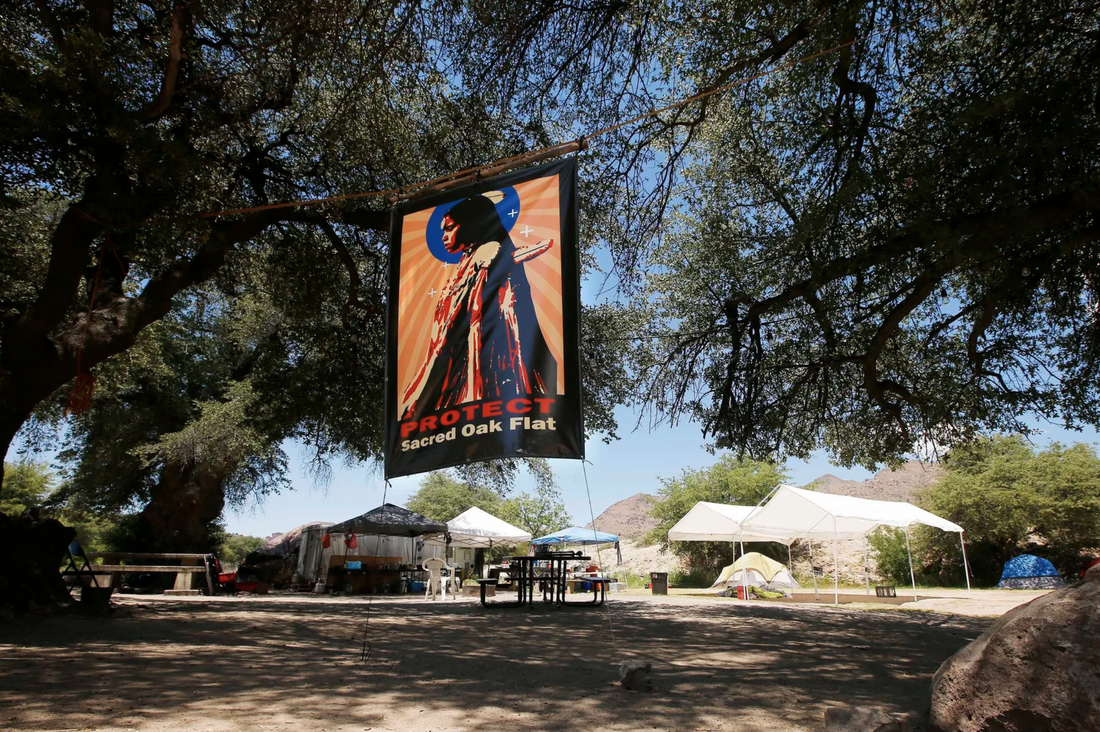 This June 15, 2015, file photo shows an encampment belonging to protesters in the Oak Flat area of Superior, Ariz. The mountainous land is also known as Chi’chil Bildagoteel. It’s where Apaches have harvested medicinal plants, held coming-of-age ceremonies and gathered acorns for generations. PHOTO CREDIT: Ross D. Franklin, Associated Press The Apache-Stronghold is desperately trying to prevent the government from enacting a land swap that would turn over their sacred land, called Oak Flat, to foreign mining interests. If they ultimately lose, land the Apache have held to be a holy site for centuries will be turned into a two-mile wide sinkhole.
Luke Goodrich, vice president and senior counsel at the Becket Fund for Religious Liberty, gave an insightful interview with The Deseret News explaining what courts don’t get about Native American religion. “If the government took land owned by a Baptist church to build a highway, the Baptists could build another church on the other side of town. For many religious groups, that would be possible. But Native Americans can’t go create a new sacred site on the other side of town. Their religious practices are inherently tied to a specific piece of land.” Goodrich described the government position as “saying the Apaches who worshipped at Oak Flat for millennia and whose whole identity is tied to that land don’t have a recognizable burden to oppose the government blasting it to oblivion. “What’s missing from that decision is the fact that it’s only government land because it was taken from the tribes by force. It’s like the court is saying, ‘the government took this land from you back in the 1800s. Therefore, it can now do whatever it wants.’ “There’s often just a remarkably callous disregard of Native Americans and Native American religious practices.” |
Archives
June 2024
Categories
All
|
ABOUT |
ISSUES |
TAKE ACTION |


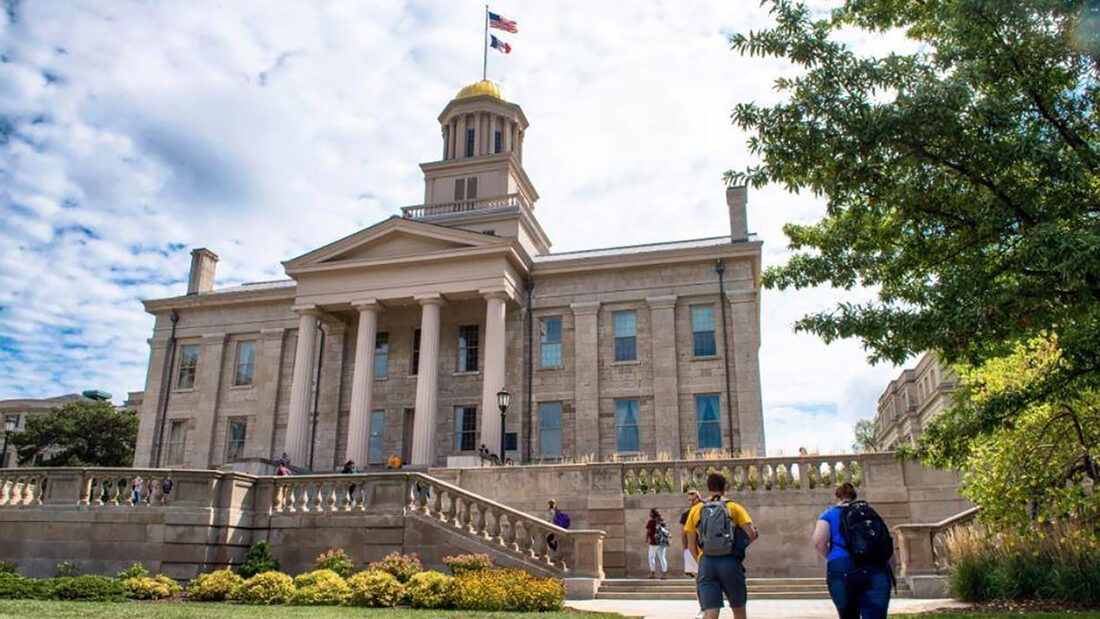

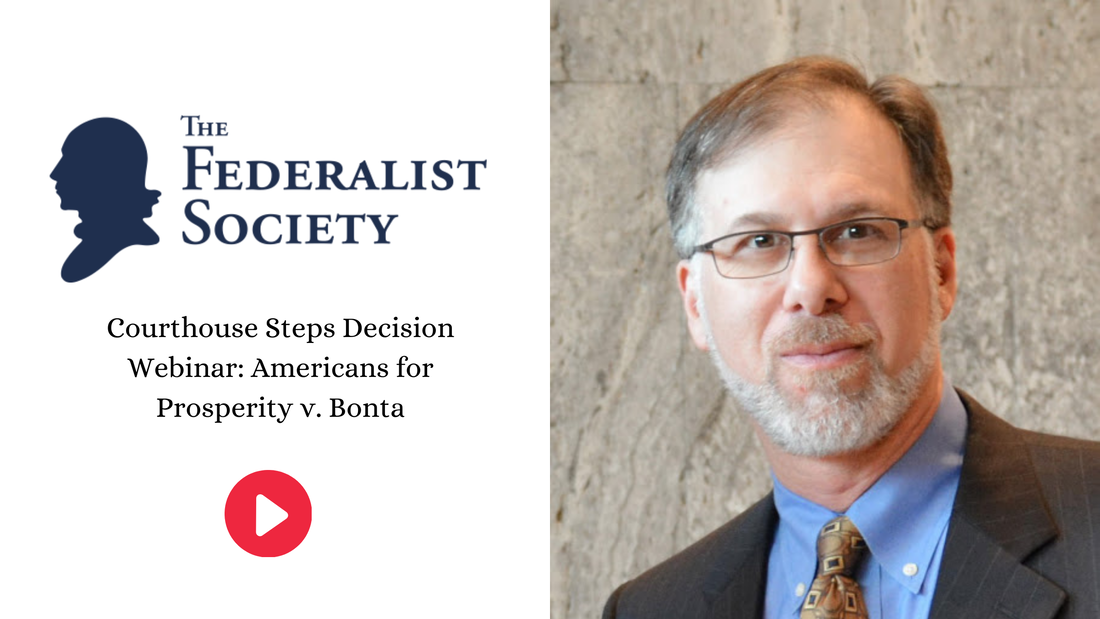
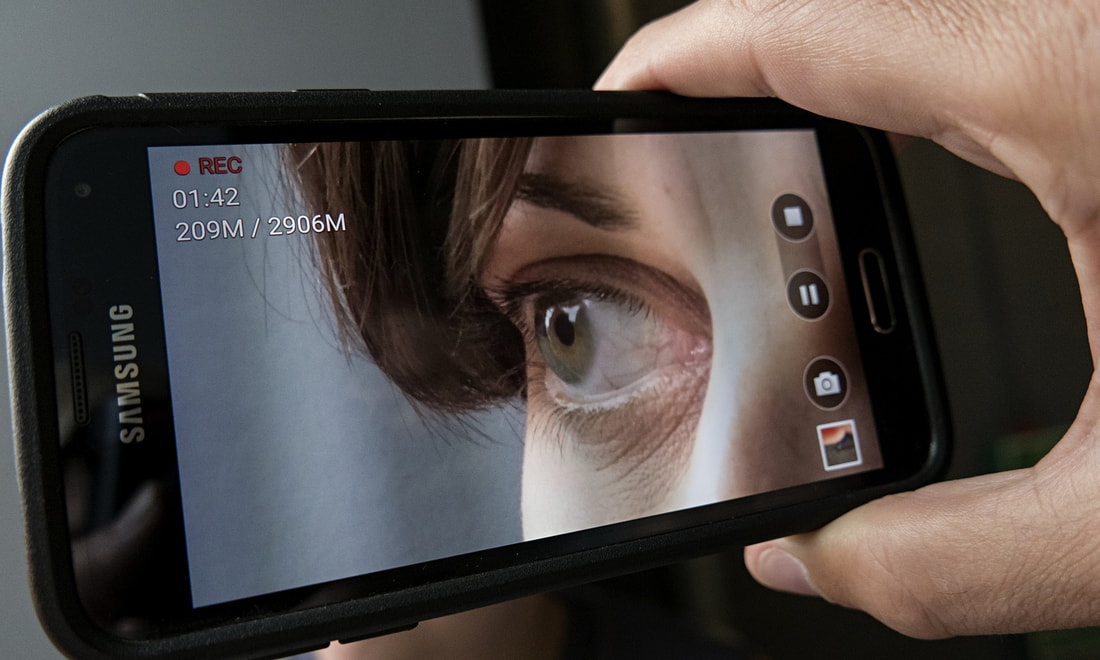
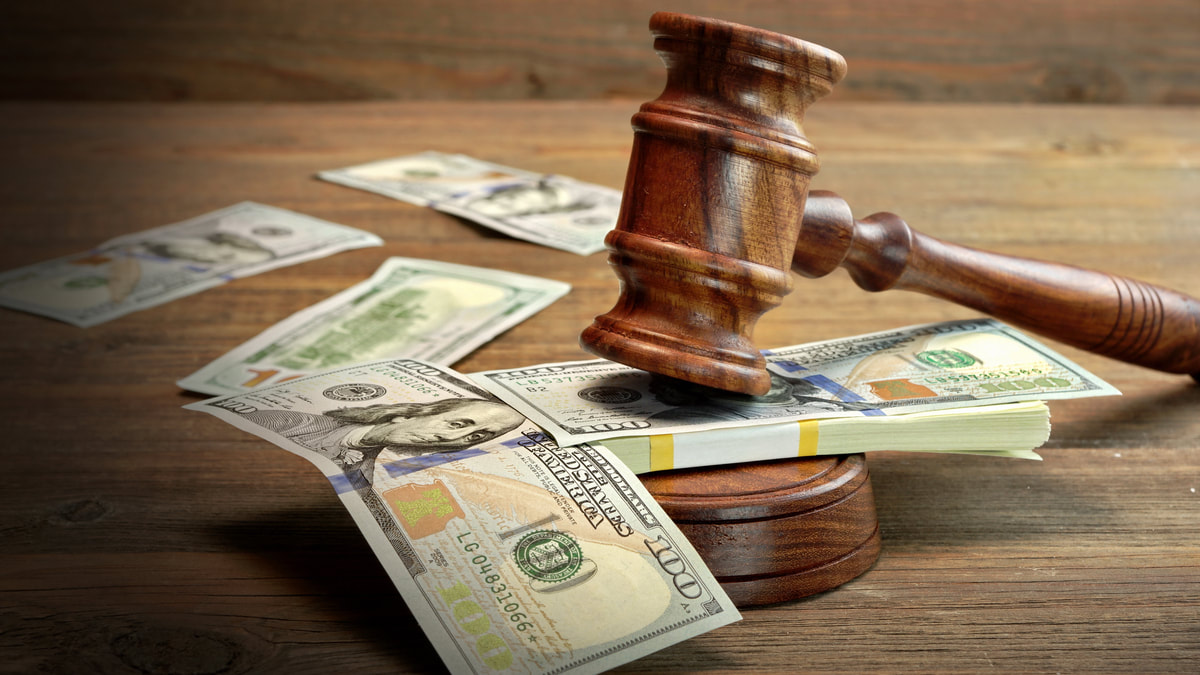
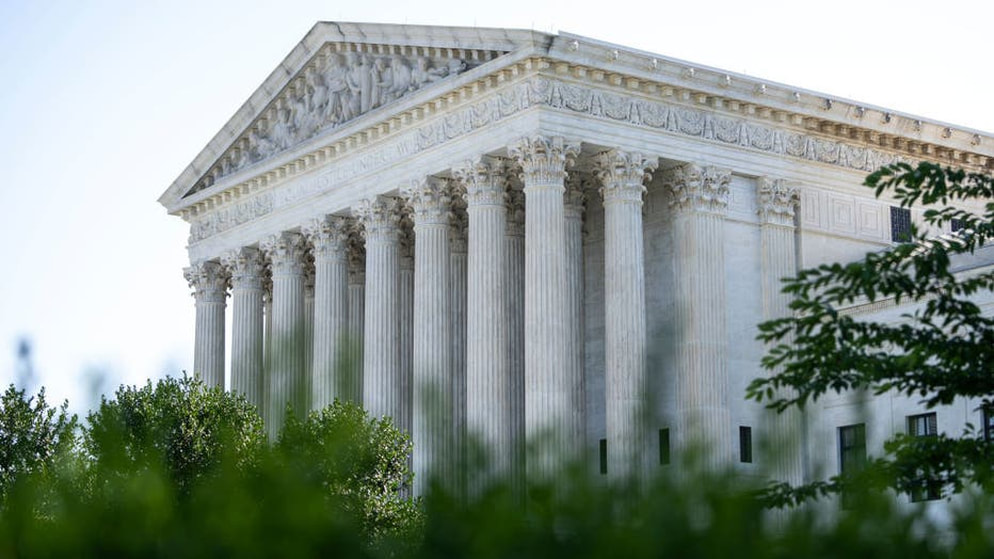
 RSS Feed
RSS Feed